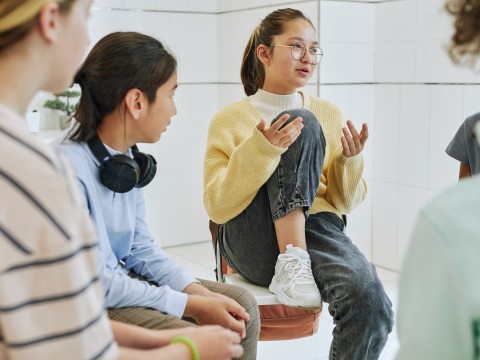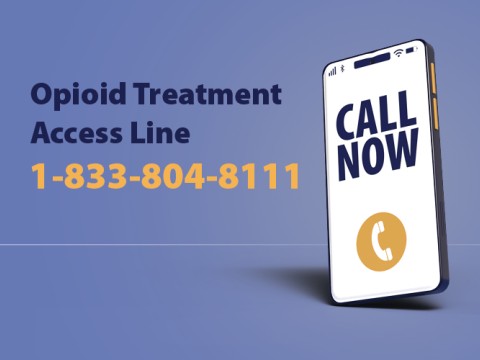Find a Community Response Network
Provides an online listing of community teams throughout BC that are dedicated to prevent abuse, neglect, and self-neglect of adults through education, advocacy, resources, outreach, and support planning.
First Link Dementia Helpline
Provides a province-wide support and information service for anyone with questions about dementia, including people with dementia, their caregivers, family and friends, professionals, and the general public.
Trained staff and volunteers provide information on community resources, support groups, and educational workshops including topics such as: understanding Alzheimer's disease, getting a diagnosis, personal planning for the future, providing care and support, and maintaining independence.
Dementia Education
Provides education and support programs throughout the province to educate and empower people with dementia, their families and friends.
Education includes information workshops, online webinars, and in-person sessions for people with early symptoms of dementia, and to family members caring for a person with dementia.
Support Groups
Offers group support for women experiencing postpartum distress, depression or anxiety. In-person groups may also be available in the Greater Vancouver area.
Support groups are led by trained facilitators and provide a safe place for women to connect with others in a similar situation and receive valuable information and emotional support.
200-7342 Winston Street, Burnaby, BC
Postpartum Telephone Support
Offers telephone counselling, postpartum support information and referrals to mothers, their partners, and families. Clients can call for initial intake to see if the services are a fit for them. Follow-up support based on the client's needs is also available.
Mental Health Information and Resources
Provides online information about mood disorders and other mental illnesses to inform you about your own or a loved one's illness. Topic areas include finding help, research, depression, peer and trauma support, recovery stories, workplace mental health, and medication.
Chinese and Korean Help Lines
Provides confidential, culturally-sensitive telephone support, information and referral to the Korean community and Chinese community in both Cantonese and Mandarin. Trained volunteers provide emotional support and referrals to community resources that can help to address a wide range of life issues.
Substance use Publications and Resources
Provides a wide range of projects, reports, publications and initiatives aimed at providing all people in BC access to happier, healthier lives, whether using substance or not. Website offers a current list of active projects, facts and statistics, research bulletins, publications and resources.
Tool Kit for Active Living and Support
Offers a free information tool kit and six phone-based sessions, to help adults with chronic conditions, chronic pain or diabetes, manage their physical and emotional well-being.
The tool kit is mailed to the participants and they then meet in small groups by phone or computer audio. Those who wish to not participate in the phone calls can choose to have the tool kit mailed to them only.
Health Coach Program
Offers free, telephone-based coaching to support people living with chronic conditions to become better self-managers. Health coaches and participants are paired based on gender, age and or shared chronic health conditions.
Participants are supported with setting goals and actions to better manage their health, being motivated to start and maintain health-behaviour changes, and becoming more self-confident.


